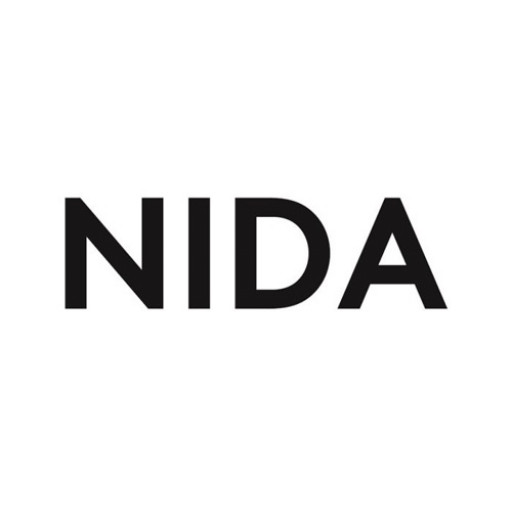Advertisement
The Master of Science in Telematics Communication Networks and Networked Services is a two year international master program. There is no tuition fee and the language of instruction is English. In the 2nd year, students choose a specialization track among:
Networks and quality of service
Services and systems engineering
Information security
The goal of this master program is to educate academic engineers with profound knowledge of Telematics for the manifold needs of the actors in the commercial and public domain. The program offers advanced laboratories for exercises in courses and in project and master's thesis work.
As a basis for all the specialization tracks students acquire during the 1st year thorough knowledge and skills within common topics such as: access and transport networks, dependability and performance, information security, networked services and applications, network and service management, engineering of distributed systems, and multimedia networking. With this competence as a basis students learn advanced topics within their chosen specialization track.
Job prospects The MSc in Telematics Communication Networks and Networked Services is suitable for those who want to work with present and future challenges in Telematics. You will receive a unique background in the field of communication networks and services, which is highly appreciated by the telecommunication equipment and software industry, network and service providers, consulting companies, research institutes and universities.
The MSc program also gives you excellent opportunities to pursue a PhD degree in Information and Communication Technology (ICT). Graduates from the Master program are in high demand.
Study plan The master program is a 2-year full-time study program (120 ECTS) including various courses and projects. Each of the two years of study are divided into two semesters, starting in August and January, respectively. Each semester, students are expected to follow 30 ECTS of courses or projects. Students admitted to the International Master in Telematics will follow the study plan outlined below.
The specialization project and master's thesis work is conducted in close cooperation with a faculty member. There are good opportunities to write the specialization project and master's thesis in collaboration with industry, network and service providers, government agencies, consulting companies and research institutes.
Study environmentTrondheim
The Norwegian University of Science and Technology (NTNU) is located in Trondheim, the third largest city in Norway. Trondheim is hosting about 30000 BSc and MSc students and is offering a huge number of activities for students. The city with its surroundings is beautiful and many-sided. You can enjoy the opportunities of the sea, sea-shore, forest, lake, rivers, hills and mountains.
The Department of Telematics
The MSc in Telematics is offered by the Department of Telematics, NTNU. The Department of Telematics is a part of the Faculty of Information Technology, Mathematics and Electrical Engineering at NTNU. The Department of Telematics has excellent working conditions, with modern lecture halls, laboratories, study rooms and computer labs. Students in the final year will have dedicated personal working places. The Department employs top scientific staff from Europe and Asia, ensuring a multi-cultural study environment. The MSc program is closely connected to the Norwegian master program in Communication Technology.
Social activities
NTNU can offers a wide range of social activites for its students, including the student athletics association NTNUI and the Studentersamfundet. As NTNU hosts students and researchers from all around the world, there are also social communities such as the Chinese student union.
Applicants with a BSc degree from Norway or one of the other Nordic countries and that are Norwegian/Nordic citizens apply via SøknadsWeb by April 15th for admission in the fall semester. Others applicants must fill out a preliminary application before December 1st in order to be considered for admission in the autumn of the following year(study start in August). English Language Requirements IELTS band: 6.5 TOEFL paper-based test score : 600 TOEFL iBT® test: 90
Want to improve your English level for admission?
Prepare for the program requirements with English Online by the British Council.
- ✔️ Flexible study schedule
- ✔️ Experienced teachers
- ✔️ Certificate upon completion
📘 Recommended for students with an IELTS level of 6.0 or below.
NTNU charges no tuition fees, but regulations from the Norwegian Directorate of Immigration state that
all international students who are not citizens of EU/EEA/EFTA countries must document that they have enough money to live in Norway. For the 2017 intake this amount is NOK 103 950. Successful applicants who are given an offer of admission will later be asked to transfer this amount to NTNU's deposit account.
NTNU offers no scholarships.










